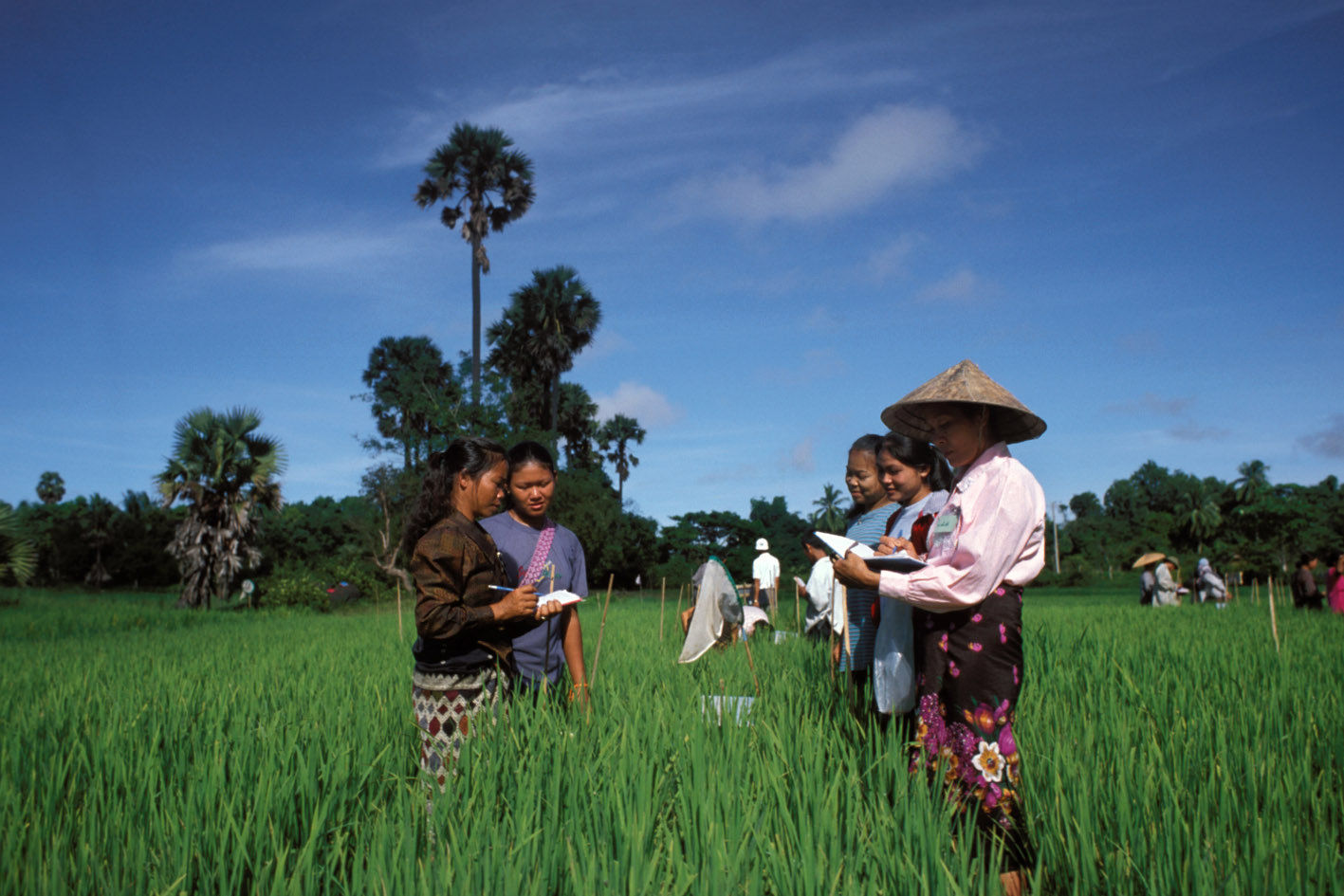Living Standards Survey, 2008
Ghana, 2008
Get MicrodataIdentification
GHA_2008_LSS_v01_EN_M_v01_A_OCS
Living Standards Survey, 2008
| Name | Country code |
|---|---|
| Ghana | GHA |
Living Standards Measurement Study [hh/lsms]
The objective of the study is to provide information on patterns of household consumption and expenditure at a greater level of disaggregation and to provide the baseline information to support long-term monitoring of the Milliennum Development program. This information will help Institute of Social and Statistical Economic Research (ISSER) and other institutions to track the long-term evolution of living standards and economic opportunities in Ghana.
Sample survey data [ssd]
Households
Version
Anonymized dataset for public distribution
Scope
The scope for the survey includes:
- Demographic Characteristics
- Education and Skills / Training
- Health and Fertility Behavior
- Employment and Time Use
- Housing and Housing Conditions
- Land Ownership and Land Transactions
- Agriculture
- Prices of Consumer Items
- Non-farm Household Enterprises; and
- Household Income, Consumption and Expenditure
Coverage
Regional Coverage
Households in 23 districts in the Northern Agriculture Zone (Northern Region), the Afram Basin Zone (Ashanti and Eastern regions), and the Southern Horticultural Belt (South-East Coastal Plains).
Producers and sponsors
| Name | Affiliation |
|---|---|
| Institute of Statistical, Social and Economic Research | University of Ghana |
| Name | Role |
|---|---|
| Millennium Challenge Corporation | Funding |
Sampling
A two-stage sample design was used for the survey. The first stage involved selecting sample points or clusters from an updated master sampling frame constructed from the 2000 Ghana Population and Housing Census in the second half of 2007. A total of 621 clusters (census enumeration areas) were selected from the master sampling frame. The clusters were selected using systematic sampling with probability proportional to size. A complete household listing second stage selection of households.
The second stage of selection involved the systematic sampling of 15 of the households listed in each cluster. The primary objectives of the second stage of selection were to ensure adequate numbers of completed individual interviews to provide estimates for key indicators with acceptable precision at the district level. Other sampling objectives were to facilitate manageable interviewer workload within each sample area and to reduce the effects of intra-class correlation within a sample area on the variance of the survey estimates.
The survey used the district boundary lines existing in 2008.
Since the design is not self-weighting, household sample weights were computed and applied for the estimation of the survey results. This was to facilitate estimation of the true contribution of each selected cluster in the sample.
Survey instrument
In-depth data were collected on the following key elements of socio-economic life using two sets of questionnaires, namely a household questionnaire and a community questionnaire, in addition to the use of geographic position system units (GPS) to measure coordinates representing location of households, community facilities and farm sizes:
• Demographic Characteristics
• Education and Skills / Training
• Health and Fertility Behavior
• Employment and Time Use
• Housing and Housing Conditions
• Land Ownership and Land Transactions
• Agriculture
• Prices of Consumer Items
• Non-farm Household Enterprises; and
• Household Income, Consumption and Expenditure
Data collection
| Start | End |
|---|---|
| 2008-04 | 2008-09 |
| Name | Affiliation |
|---|---|
| Ghana Statistical Service | Government of Ghana |
Twenty-five teams were involved in the data collection, 23 of which were actually working in each cycle of the survey. Each of the teams was made up of a Supervisor, a Senior Interviewer, four Interviewers and a Driver. A number of supervisory teams from ISSER and GSS visited the field at regular intervals to assess progress of work and reshaped the direction of the survey.
Data processing
The processing of the survey data began shortly after the fieldwork commenced. Completed questionnaires were returned periodically from the field to the GSS office in Accra, where they were edited by office editors and entered by data entry personnel who were specially trained for this task. Data were entered using CSPro version 3.3. All data were entered twice (100 percent verification). The concurrent processing of the data was to serve as a distinct advantage for data quality, because GSS could have had the opportunity to advise field teams of problems detected during data entry. However, administrative and logistical challenges prevented the team from making full use of this opportunity and it eventually led to several weeks of unanticipated post-entry editing.
Access policy
Millennium Challenge Corporation
Millennium Challenge Corporation
http://data.mcc.gov/evaluations/index.php/catalog/81
Cost: None
Data Access
"Report of the Baseline Survey (GLSS 5+)." Institute of Statistical, Social and Economic Research (ISSER), 2009.
Contacts
| Name | |
|---|---|
| Monitoring & Evaluation Division of the Millennium Challenge Corporation | [email protected] |
Metadata production
DDI_GHA_2008_LSS_v01_EN_M_v01_A_OCS_FAO
| Name | Affiliation | Role |
|---|---|---|
| Office of Chief Statistician | Food and Agriculture Organization | Metadata adapted for FAM |
| Millennium Challenge Corporation | Metadata Producer |
Metadata version
GHA_2008_LSS_v01_EN_M_v01_A_OCS_v01
The Compact targeted households in the 23 districts in the Northern Agriculture Zone (Northern Region), the Afram Basin Zone (Ashanti and Eastern regions), and the Southern Horticultural Belt (South-East Coastal Plains).
